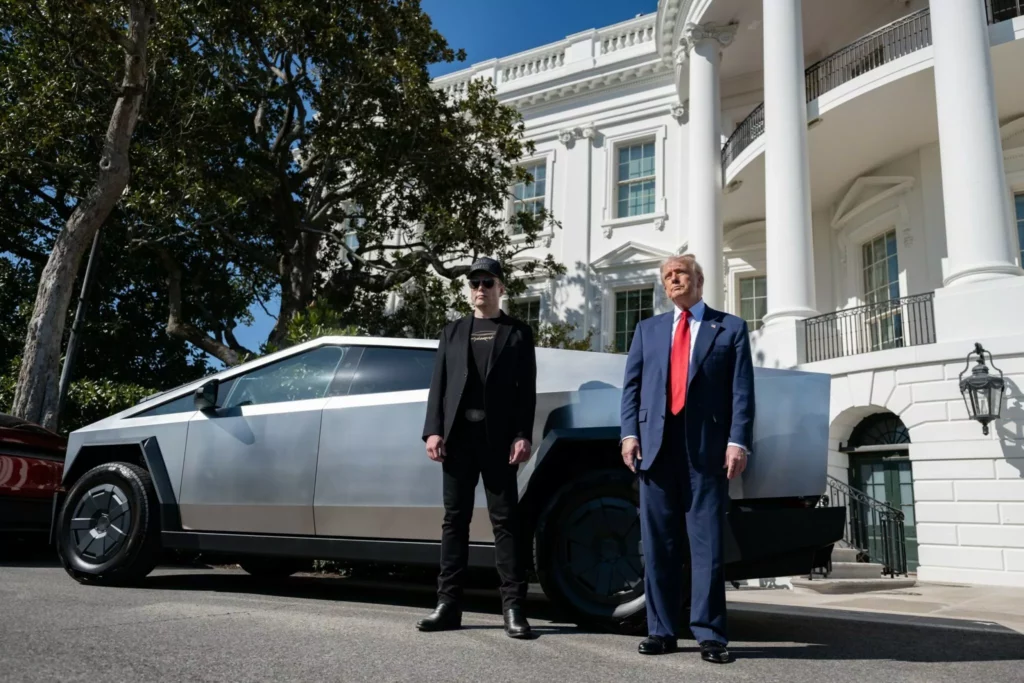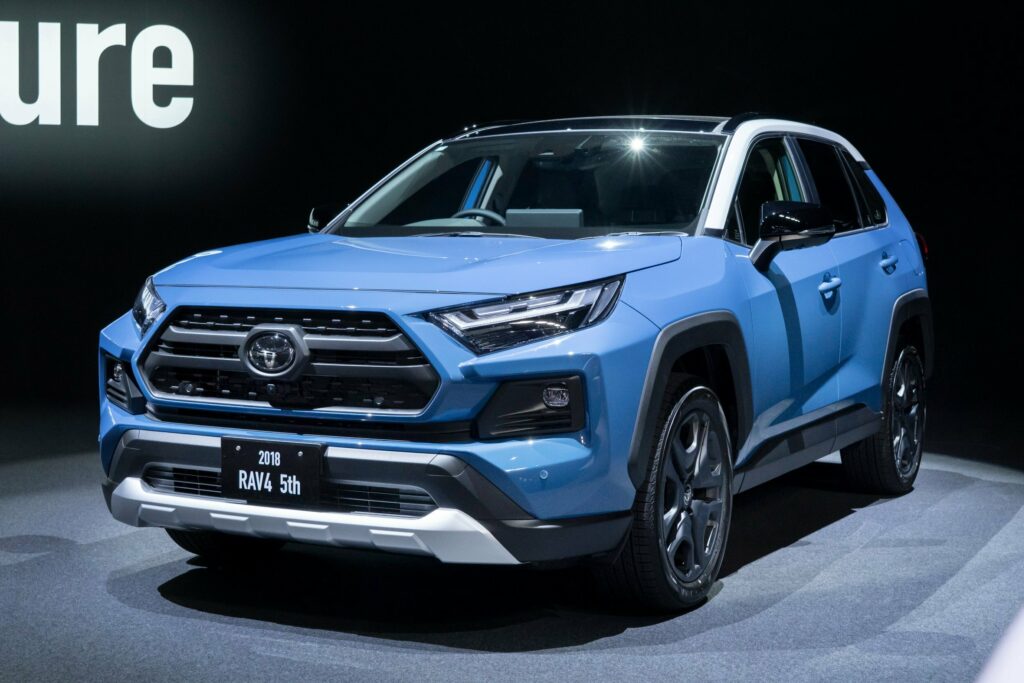
- No less than 75% of car shoppers say the tariffs will be a factor in their next purchase.
- The study also showed that 37% of buyers could make a purchase sooner to avoid tariffs.
- President Donald Trump’s policies have also led to an increase in used vehicle sales.
For car buyers in the States, shifting economic policies are doing more than just moving numbers around in boardrooms. They’re quietly reshaping how, when, and what people buy. While President Trump’s tariffs didn’t spark the immediate upheaval in the auto industry some predicted, partly because the policy direction has wavered more times than a GPS with bad reception, they’ve left their mark on consumer behavior across the country.
var adpushup = window.adpushup = window.adpushup || {que:[]};
adpushup.que.push(function() {
if (adpushup.config.platform !== “DESKTOP”){
adpushup.triggerAd(“0f7e3106-c4d6-4db4-8135-c508879a76f8”);
} else {
adpushup.triggerAd(“82503191-e1d1-435a-874f-9c78a2a54a2f”);
}
});
Read: Mercedes Has A Tariff Plan For Trump That’s Brilliantly Fair If You’re Already On Top
A majority of shoppers are now rethinking their timelines, either rushing to buy a new vehicle or holding back to see how the situation develops. The uncertainty isn’t just about sticker prices, it’s about what comes next and buyers are responding accordingly.
Consumers Feel the Pressure
A new study from Edmunds demonstrates how the tariffs aren’t just impacting prices, but they are also having a significant impact on the psychology of those in the market for a new car. According to the survey, 44 percent of respondents said the tariffs “will definitely be a factor” in their decision, while another 31 percent said the tariffs “will be somewhat of a factor.”
Recent sales data from several major automakers suggests that the mere expectation of price hikes has been enough to push many buyers into pulling the trigger early. As Edmunds points out, it’s less about actual price changes and more about anxiety over what might happen. In other words, worry is doing the heavy lifting, not the market itself.

Preemptive Purchases on the Rise
This shows how the tariff policies are forcing some buyers to change plans. For example, when quizzed on how the tariffs would impact the timing of a vehicle purchase, 37 percent of respondents said they would encourage them to make a purchase sooner, hoping to avoid the full effects of the tariffs.
Another 25 percent revealed they will “wait longer to purchase.” Another 11 percent noted they had already made a new vehicle purchase before the tariffs came into effect. Just 27 percent said the tariffs wouldn’t influence their decision at all.
var adpushup = window.adpushup = window.adpushup || {que:[]};
adpushup.que.push(function() {
if (adpushup.config.platform !== “DESKTOP”){
adpushup.triggerAd(“bb7964e9-07de-4b06-a83e-ead35079d53c”);
} else {
adpushup.triggerAd(“9b1169d9-7a89-4971-a77f-1397f7588751”);
}
});
It’s perhaps also not a surprise that many in the market for a car are now eyeing off a used car instead. The study showed that 58 percent of people are now more interested in buying a used car, while 46 percent are interested in buying a certified pre-owned vehicles. Online browsing data backs this up, showing increased activity around used inventory among shoppers who originally set out to buy new.
var adpushup = window.adpushup = window.adpushup || {que:[]};
adpushup.que.push(function() {
if (adpushup.config.platform !== “DESKTOP”){
adpushup.triggerAd(“bb7964e9-07de-4b06-a83e-ead35079d53c”);
} else {
adpushup.triggerAd(“9b1169d9-7a89-4971-a77f-1397f7588751”);
}
});
